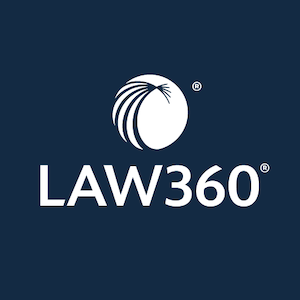Regulations for Reporting by Crypto Brokers Should Minimize Mismatch Risk

The draft Form 1099-DA released by the IRS on April 19 is intended for reporting certain sales and exchanges of digital assets occurring on or after Jan. 1, 2025. This release may suggest that the IRS is nearing completion of proposed regulations that would extend information-reporting requirements under tax code Section 6045 to transactions involving crypto and other digital assets.
The broad definition of “broker” in the proposed regulations raises concerns about the possibility of multiple brokers being required to issue information returns to the same taxpayer for a single transaction. This could lead to confusion and unfairly burden taxpayers.
The proposed regulations expand the definition of “broker” under Section 6045 to encompass most participants involved in transactions where digital assets are sold or exchanged for services or other assets.
Each broker would be obligated to report information about the customer and the transaction for which they acted as a broker on Form 1099-DA according to the proposed regulations. However, the draft form does not address comments requesting limitations on the definition of “broker” and the types of transactions subject to reporting.
In the draft Form 1099-DA, various entities such as unhosted wallet providers, digital asset payment processors, kiosk operators, and others are listed under the “broker type” box as entities subject to reporting. This aligns with the expansive definition of “broker” proposed by the IRS and suggests that the definition may not be narrowed in the final regulations.
If the term is not narrowed, issues may arise under the proposed reporting system. For example, requiring multiple intermediaries involved in a single transaction to each issue a Form 1099-DA could result in duplicative and possibly inconsistent reporting.
Efforts to address these risks include a proposal by the New York State Bar Association to establish a qualified digital asset reporting person (QDARP), a third-party service provider that would assume all reporting obligations to the IRS and undergo regular audits.
Should the QDARP concept not be adopted, taxpayers may consider working with digital asset transaction aggregators to facilitate accurate reporting of digital asset transactions. However, challenges may still arise if the IRS challenges returns based on discrepancies with Form 1099-DAs issued by brokers.
The success of taxpayers and the digital asset industry in complying with the new reporting policy will depend on the IRS’s responsiveness to feedback on the proposed regulations, particularly concerning the types of brokers subject to reporting.
Author Information
Devon Bodoh is partner in Weil, Gotshal & Manges’ tax department and is based in Miami and Washington, D.C.
Theo Agbi is an associate in Weil, Gotshal & Manges’ tax department and is based in Miami.
Carlos Parra is an associate in Weil, Gotshal & Manges’ tax department and is based in Miami.
Write for Us: Author Guidelines
Source link
#Crypto #Broker #Reporting #Regulations #Avoid #Mismatch #Risk





